POWNAL — David Buchanan is serious about his cider.

A freshly poured glass of cider at the Portersfield Cider tasting room in May 2017. Andree Kehn/Sun Journal
On his picturesque farm, in a new tasting room — an old post and beam house found on Craigslist, rebuilt and restored here last year — he talks about collecting rare apples like people collect art.
There’s doggedness in the search, the thrill of finding a gem, the drive to save something for the ages and, in Buchanan’s case, the joy of pairing it with a nice local cheese, fig jam and cracker.
“A lot of what I’m growing here was available from only one or two collectors,” Buchanan, 52, said. “It’s very rare, or I found it out in the landscape in my travels around Maine, so there’s very little information available about it.”
He has more than 200 apple varieties at his Portersfield Cider.
“You can’t market that much fresh fruit,” he said. “You just can’t sell that kind of diversity, but you can press it.”
Buchanan, originally from Massachusetts, authored the book “Taste, Memory: Forgotten Foods, Lost Flavors, and Why They Matter” in 2012, the same year he and his wife, Kayla, bought their 1890 farmhouse and 117 acres.
He’s been collecting rare fruit and vegetables for more than 25 years. In the case of vegetables, that means getting seeds. For fruit, it’s obtaining cuttings, or scions, that he grafts with local rootstock.
Often they fall out of favor because “they don’t yield quite well enough for the farmer, they don’t look pretty enough for the consumer, they don’t match what you think an apple should look like, so you don’t want to eat it, or it just doesn’t hold up well on the shelf — you name it,” Buchanan said. “There used to be a tremendous diversity of food grown in Maine and around the country that’s been lost, and there are networks of people trying to preserve those foods. For the history, for the flavors, for the quality of those foods, for often their pest-resistance or disease-resistance or genetics.”
He plants early American apple trees here and has 75 trees on one acre in Cape Elizabeth.
He calls making hard cider “a way to directly experience that range of flavors that is available out there in these old forgotten apples.” It’s a long process, 10 months from tree to bottle.
“A lot of commercial ciders go from apple to drinking in three to four weeks or even less,” Buchanan said. Those operations tend to use higher temperatures and more aggressive yeast.
He’s been selling cider for two years, primarily at farmers’ markets and in Portland shops.
Buchanan is a descendent of Aaron Porter, the man for whom the town of Porter is named. So the business’s name is a nod to his own history.
Portersfield Cider produced 1,000 gallons last year, half as much as 2015. Older varieties tend to have one off year and one on year, Buchanan said. So far, 2017 appears off to a good apple start.
Cider is pressed in the fall and bottled in the spring as Buchanan decides what to blend with what, and then it sits some more.
The largest size, 750 ml, retails for about $14.
When he’s not picking, planting or pressing, there’s work to do around the farm — checking for pests, mowing, tying limbs on trees so they grow how he likes and, soon, adding more fencing. Depending on the season, it’s 60 hours or more of work a week.
The new tasting room, open four afternoons a week, Wednesday to Saturday, is attached to his original production space, a converted three-car garage. Patrons can order a “flight” of cider — four 4 oz. pours of different flavors — for $12 and pair them with different small plates of cheese, smoked fish or other options.
“People have been coming up from two hours away so far to try it,” Buchanan said. “I love the idea of a business that’s simultaneously helping preserve rare fruits and also bringing something to the consumers that they can enjoy. If I were just collecting, it wouldn’t be nearly as much fun.”
Send questions/comments to the editors.


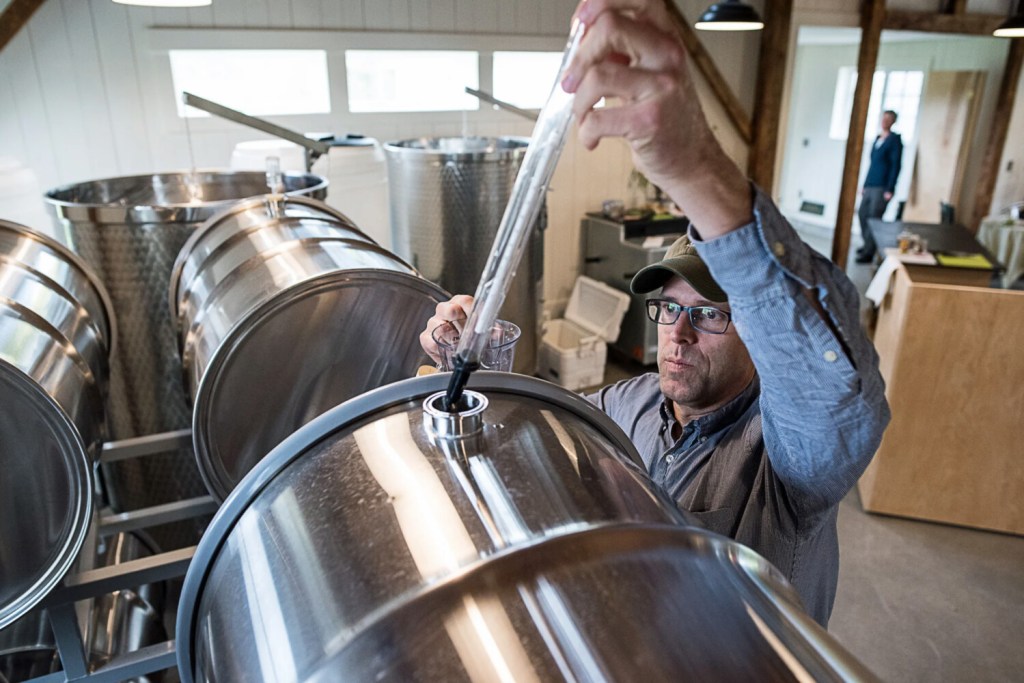
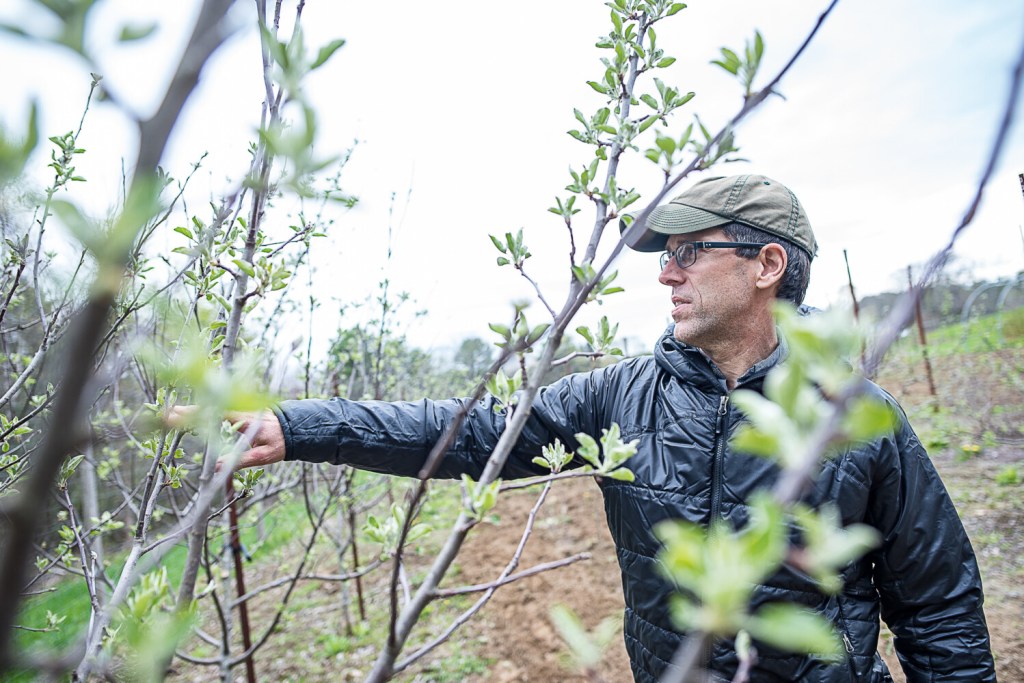
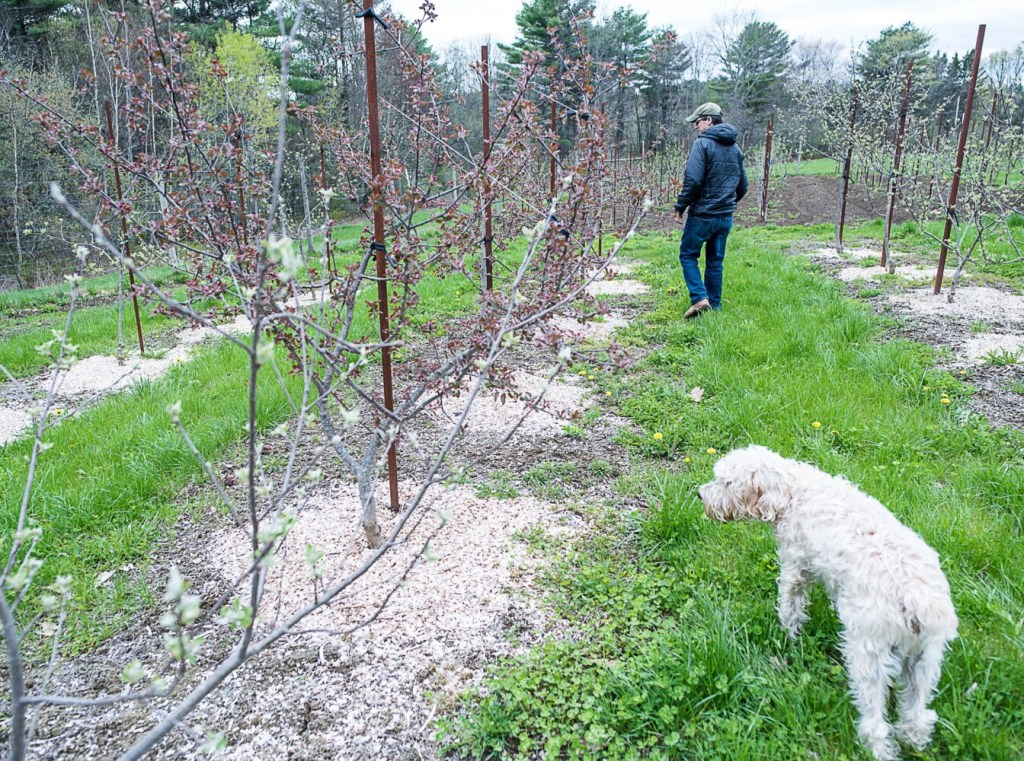
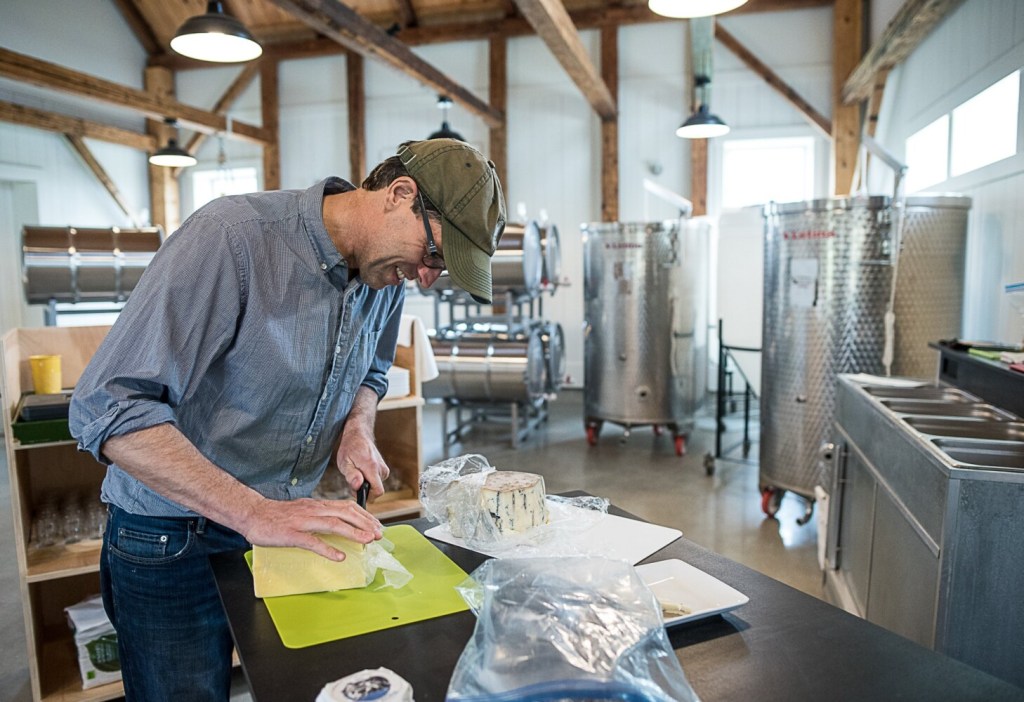
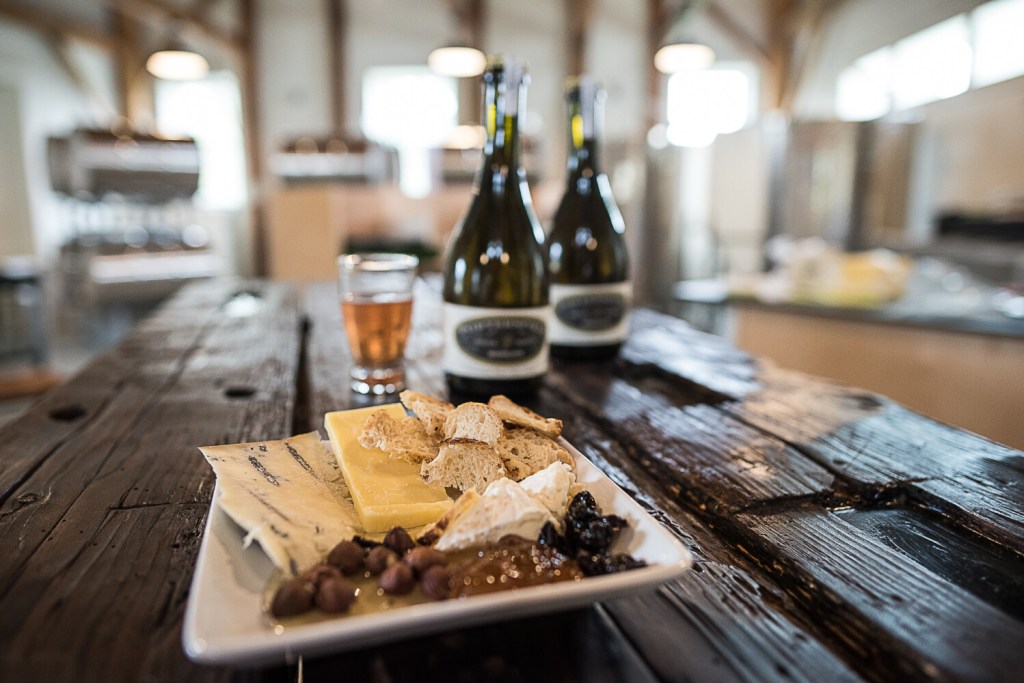
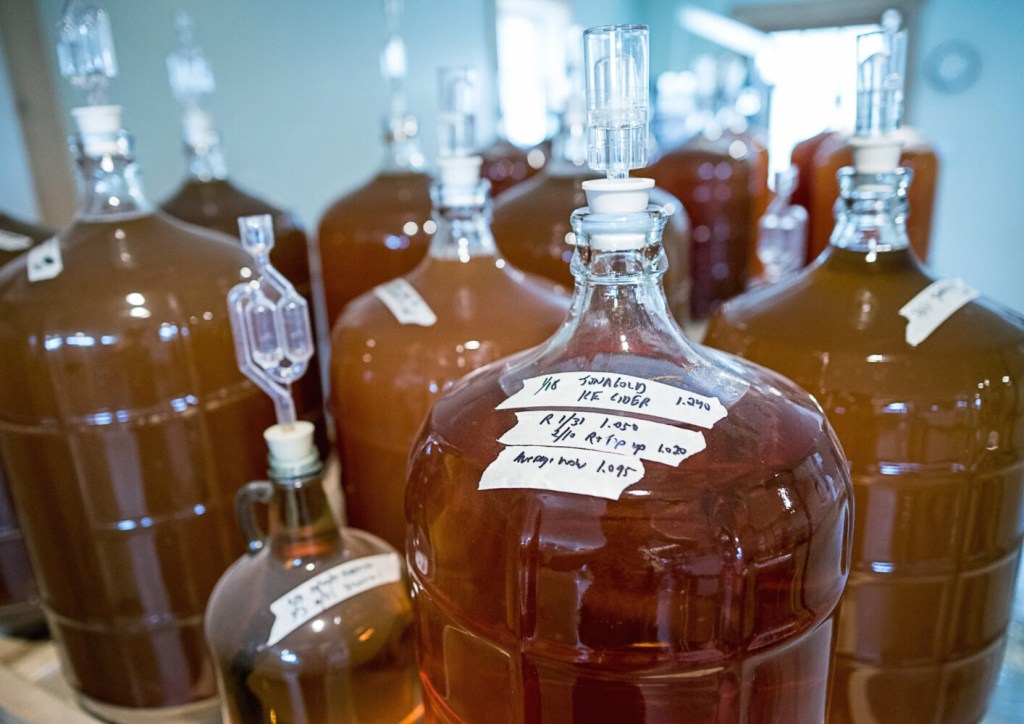
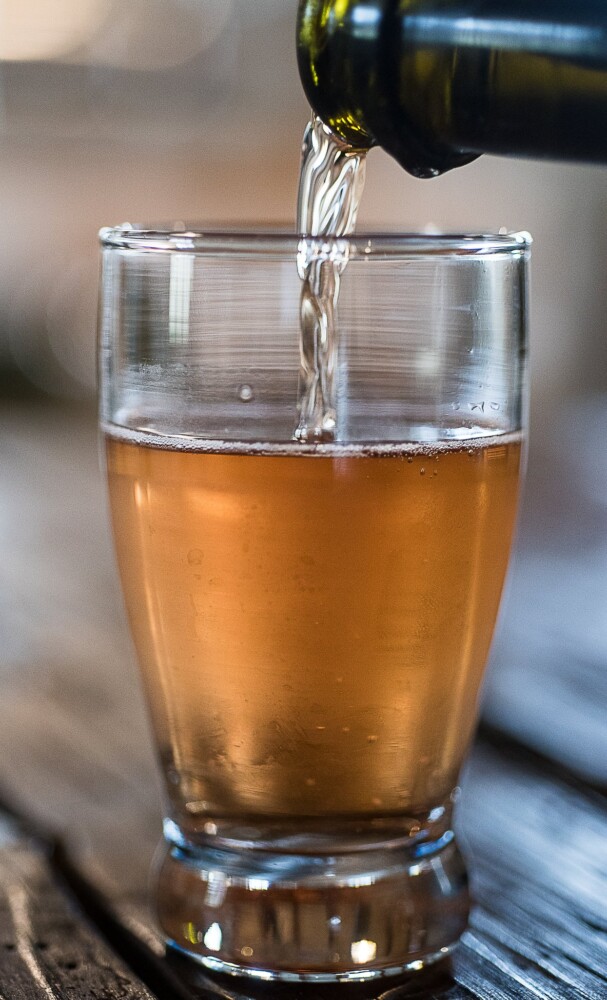

Success. Please wait for the page to reload. If the page does not reload within 5 seconds, please refresh the page.
Enter your email and password to access comments.
Hi, to comment on stories you must . This profile is in addition to your subscription and website login.
Already have a commenting profile? .
Invalid username/password.
Please check your email to confirm and complete your registration.
Only subscribers are eligible to post comments. Please subscribe or login first for digital access. Here’s why.
Use the form below to reset your password. When you've submitted your account email, we will send an email with a reset code.